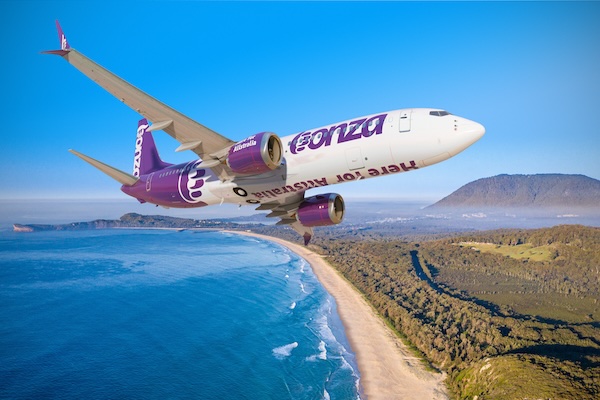Australian budget airline Bonza has halted flights, leaving passengers in limbo. The abrupt move raises questions about the airline’s sustainability.
Bonza, Australia’s sole independent low-cost airline, recently suspended operations, creating significant disruption. Stakeholders are left considering the future viability of this young airline.
Bonza’s Abrupt Suspension
In an unexpected announcement, Bonza has grounded all flights, leaving passengers without a clear path forward. This sudden suspension has sent ripples through the Australian aviation sector, creating uncertainty among travellers and industry experts alike.
The grounding of Bonza flights comes as the airline engages in critical discussions concerning its future viability. Stakeholders and passengers are eagerly awaiting more information on how Bonza plans to navigate these turbulent waters.
Impact on Passengers and the Industry
With the suspension of Bonza’s services, passengers are left scrambling for alternatives. Qantas and Virgin Australia have stepped in to offer assistance where possible, providing relief in a challenging situation.
Qantas stated its commitment to aid Bonza’s affected customers, promising free flights where seats are available. This gesture underscores the broader cooperation within the industry in times of crisis.
Aircraft Repossession Concerns
Reports indicate that Bonza’s fleet, primarily 186-seat Boeing 737 aircraft, has been repossessed by creditors. This development casts a shadow on the airline’s operational capabilities.
Bonza’s silence on the matter has only added to the speculation, as industry insiders and analysts attempt to piece together the implications of these aircraft repossessions.
As the situation unfolds, attention shifts to how Bonza will address these repossession issues, considering the impact on its operational resumption plans.
Operational History and Market Position
Since its inception in 2021, Bonza has attempted to carve out a niche as an independent low-cost carrier, serving routes across Queensland, New South Wales, and Victoria. Its unique market position made it a promising player in the domestic aviation landscape.
Bonza’s operational model, reliant on a modest fleet size and select routes, now faces scrutiny. Industry observers are assessing the sustainability of such a model in the current economic climate.
Financial Backing and Future Prospects
Bonza is backed by 777 Partners, a US private investment entity with interests beyond aviation, notably in the sports sector. This connection provides potential financial leverage.
However, stakeholders are uncertain about how this backing might translate into a tangible plan to salvage Bonza’s operations. The financial viability remains a critical point of discussion.
Ongoing viability talks underscore the intricate balance between operational costs, revenue generation, and market positioning that Bonza must navigate.
Response from Local Media and Analysts
Local media have been quick to report on Bonza’s challenges, with particular focus on its financial and operational hurdles.
Analysts are closely watching the situation, offering varied opinions on Bonza’s strategies and potential recovery paths.
The dynamic between media reports and analyst insights highlights the complexity of the aviation industry’s current landscape.
Support from Competing Airlines
In light of Bonza’s suspension, competing airlines have shown solidarity, with some routes being covered by other carriers.
This collaborative effort illustrates a shared understanding across the industry—ensuring traveller convenience remains a priority.
Bonza’s sudden suspension of flights has highlighted vulnerabilities in the budget airline sector. It’s a reminder of the challenges independent carriers face in a competitive market.
As Bonza’s future hangs in the balance, passengers, industry leaders, and investors are left to watch and wait, considering the broader implications for the Australian aviation industry.

